![]()
" Then the king will say to those at his right hand, “Come, you that are blessed by my Father, inherit the kingdom prepared for you from the foundation of the world; for I was hungry and you gave me food, I was thirsty and you gave me something to drink, I was a stranger and you welcomed me, I was naked and you gave me clothing, I was sick and you took care of me, I was in prison and you visited me.” (Mt. 25:34-36).

Israel is a modern and developed state and not what we would call a "third world country." When we stroll down the city streets we see fancy cars and modern skyscrapers, indeed most of the population lives well enough.
That said, there are many families, even entire sections of the population who fall between the cracks. Without charities and organizations like Netivyah they would not be able to put food on the table.
For example, every year hundreds to thousands of families immigrate to Israel from many countries around the world. Some of them have academic degrees or marketable skills and can provide for their families. Others have no job or relevant work experience and might not speak the language. They have a very difficult time finding a job. The municipal social services tell us that these families are begging for work – any work – such as cleaning houses or stairwells. Some of them spend all day looking for jobs. The problem is that many employers do not want to hire new immigrants because they can't communicate with them in a common language. In addition many of the immigrants are older and are not familiar with today's technologies, like how to operate a computer.
The result of all this is the breakdown of the family unit. The children see that their parents aren't able to function and provide for them in a normal way. They see that all their friends at school have the newest clothes and gadgets and they lack the ability to buy them and thus always feel unable to compete with their peers. Hence, many of them fall into petty theft or at best drown their troubles in alcohol.
Another group of families that fall between the cracks of the social systems are single parents and especially single mothers. When the courts dictate that husband has to pay alimony but in fact he is not paying it for multiple reasons, then the welfare offices have the wife registered as receiving money from her husband when in fact she is not. And even if the mother works, she still has to pay for daycare for her children as she is not at home.
There are also families with many children where the parents have little or no education and have a hard time providing for large families of 8 to 14 people. Statistics show us that the higher the families income the fewer children they have. The reverse then is also true; the lower the income, the more children are in the family.
Our food distribution program started when a supporter of Netivyah turned to us and offered to donate specifically to feed the hungry. We started the project using just a standard home kitchen to cook. A small group of needy people came to our building and received a warm meal and a nice place to sit and eat it.
Slowly the number of needy people grew until there wasn't enough space to feed them all. We started to prepare food packages to take home, sized according to their needs, the portions where rich meat dishes, with an emphasis on healthy food.
After some time, we purchased larger, better kitchen equipment, including industrial burners. However, even with volunteers and a semi-professional kitchen, the amount of needy people who turned to us for aid was greater than the amount of food we could prepare. We began giving out about half the food as prepared meals (same as before) for people with disabilities who could not take care of themselves, and the other half, to those that simply had nothing we gave ingredients to prepare the food at home; mostly chicken, pasta and rice.
In 2006, we had grown to helping around 110 families and mostly distributing fruits, vegetables, dry food and frozen meats. We began handing out a larger selection of food so that a family could choose from 3 types of frozen meat (chicken, beef, fish), and seven types of dry goods (sugar, flour, pasta, rice and so forth) and a selection of seasonal fresh fruit and vegetables.
Sometime in 2008, refugees from Eritrea started coming to Israel. They came with the clothes on their back and nothing else – hungry, unemployed and unable to speak the language. We at Netivyah pulled together and donated large amounts of food, soap, shampoo, cleaning products, toilet paper and clothing.
By 2010 we were getting hundreds of requests for assistance, and felt that we could not properly sort through them in a professional manner, so we turned to the municipal welfare offices and social workers, in order to make sure that we are helping only those who have a real need. At that time we were helping 150 families, throughout the neighborhoods of Jerusalem, with a food package once a week.
In 2013, we were working almost exclusively with the welfare offices in the city. They referred to us families in need and we helped with a respectable food package averaging 13 k"g (30 pounds) per family per week, throughout the year (this also included larger portions and special foods for all the Holidays). During that period we were helping about 140 families, the larger of them reaching 14 members. Our food bank had a very large selection – 9 frozen meats or fish, 35 various dry goods and a dozen different fresh fruits and vegetables.
During all the time we operated and continue to operate, the most important emphasis has been on respect. Our desire has been to serve, to be a helping hand and a supporting shoulder, while maintaining an attitude of regard and dignity to all who come. Our building was always clean, with air condition and heat, a well stocked refreshment table with coffee, tea and cookies, as well as games for the children.
At the end of 2012, after many years of prayer and legal battles with different bureaucracies and authorities, we finally got permission to conduct massive renovation on our old building. Following Passover in 2013, we started the construction work and that put our food bank on hold, as we no longer had the space to store dry goods, or refrigeration for frozen goods. Despite that, we wanted to continue helping families in need. So, after consultation with the head's of the welfare offices, we decided to continue our aid program by giving out food vouchers from a large supermarket chain, to the needy families.
On a positive note, because the cards are easy and simple to give out, it opened up to us the possibility to reach out to another group of people, elderly Holocaust Survivors and refugees, most of whom are physically unable to come to our location and carry a heavy package back home on the bus. Now we can help them. We send a stack of cards to the neighborhood welfare offices and from there it gets to those elderly people, most of whom do not have any family to help them or care for them. In addition most of them are also immigrants thus have no pension, and live off a modest social security stipend.
These elderly live in great need, when often their daily choice is whether to purchase food or medicine. We hear heart breaking stories about those we help. For example, they are about to have their electricity shut off due to unpaid bills. These people have no hope to get out of the vicious cycle they are in, as they have no family, no possessions, no pension and not even the ability to work (due to age and medical condition). The aid we give these elderly is for two months only. The reason is to make sure they do not grow accustomed to a higher income and change their lifestyle. The goal is to help them out with a few bills or give them a good meal – without it coming at the expense of medication.
To quote one of the senior social workers at one of the offices we help "You have become a life giving artery for so many families." Praise God! Through your generous support and prayers we are able to do this.
Since handing out vouchers takes less time and energy than the soup kitchen or food bank, we have the ability to do other things as well. In recent years we have strengthened our ties with the welfare offices, helping them with many larger and smaller projects such as an after school program in the northern neighborhoods of Jerusalem to help juveniles that are at risk of dropping out of school. Our part in this operation is to provide warm meals for the youth in the program. In addition we also help with one-time emergency assistance to a families that have some urgent need, or purchasing cleaning products and paint for volunteers that clean and repair houses for elderly.
Of course, at the top of our list are the needy within the body of the Messiah. We help believers from many congregations throughout the city.
We can only do this good work because of the prayers and generous support of disciples of Yeshua around the world, who are searching for ways to support Israel.
Each person and every welfare office that works with us or receives our aid, knows that the donations come from believers in Yeshua who love Israel and want to help Israel in the name of Yeshua.
Your aid and donations, give hope, life and a future to so many families, and for that we thank you.
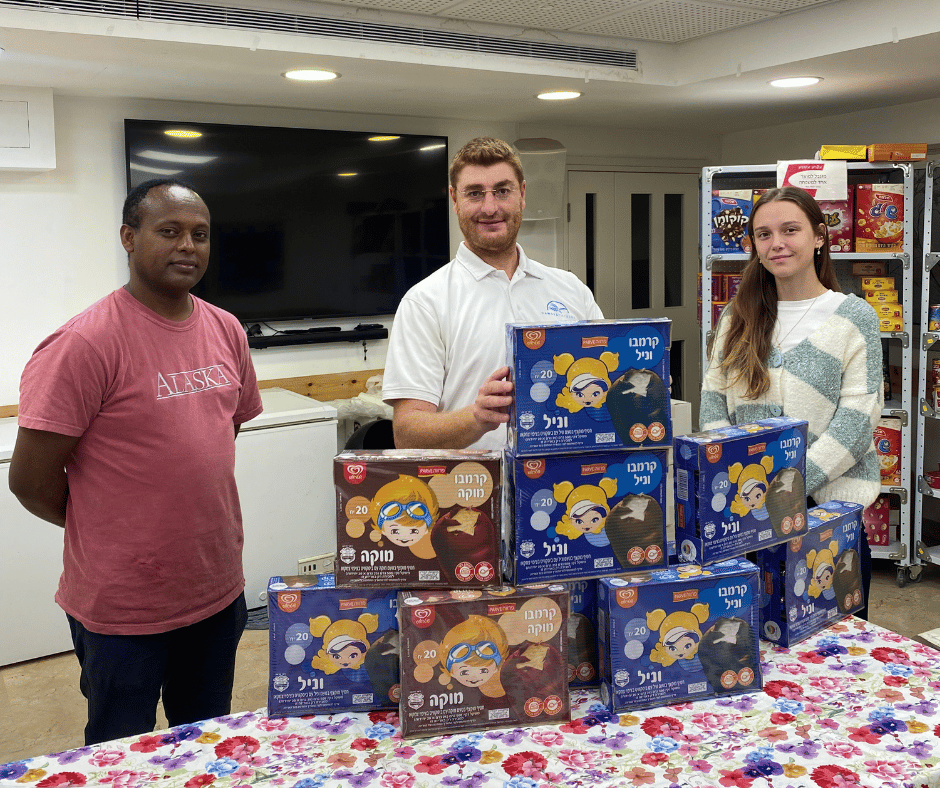
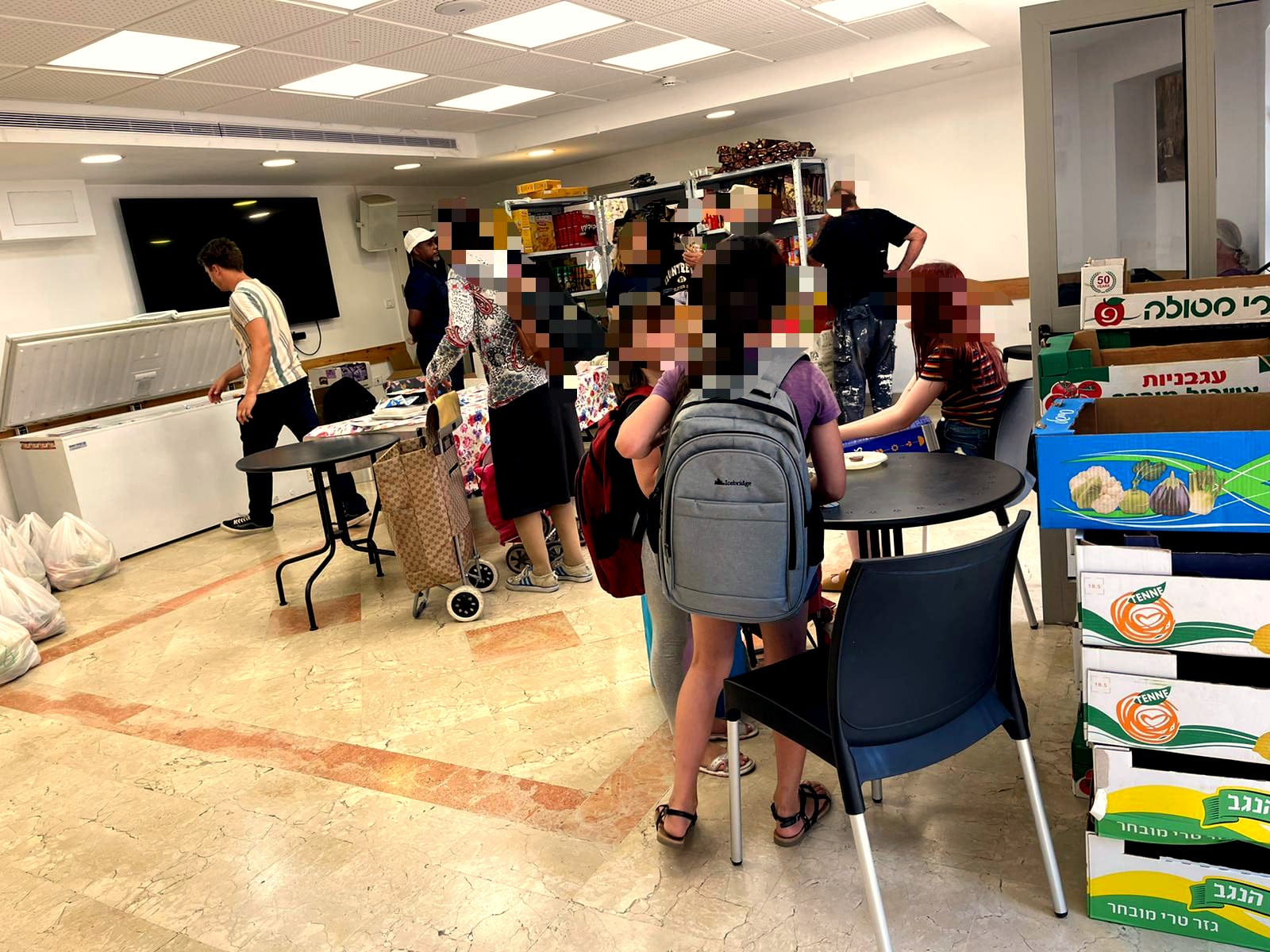
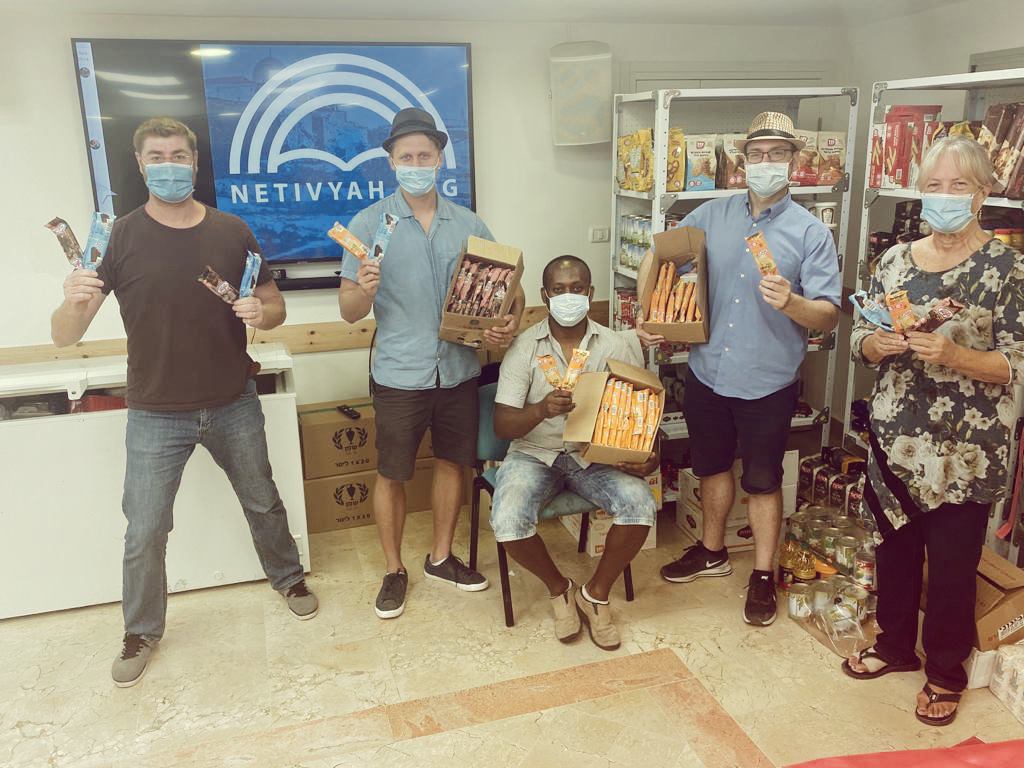
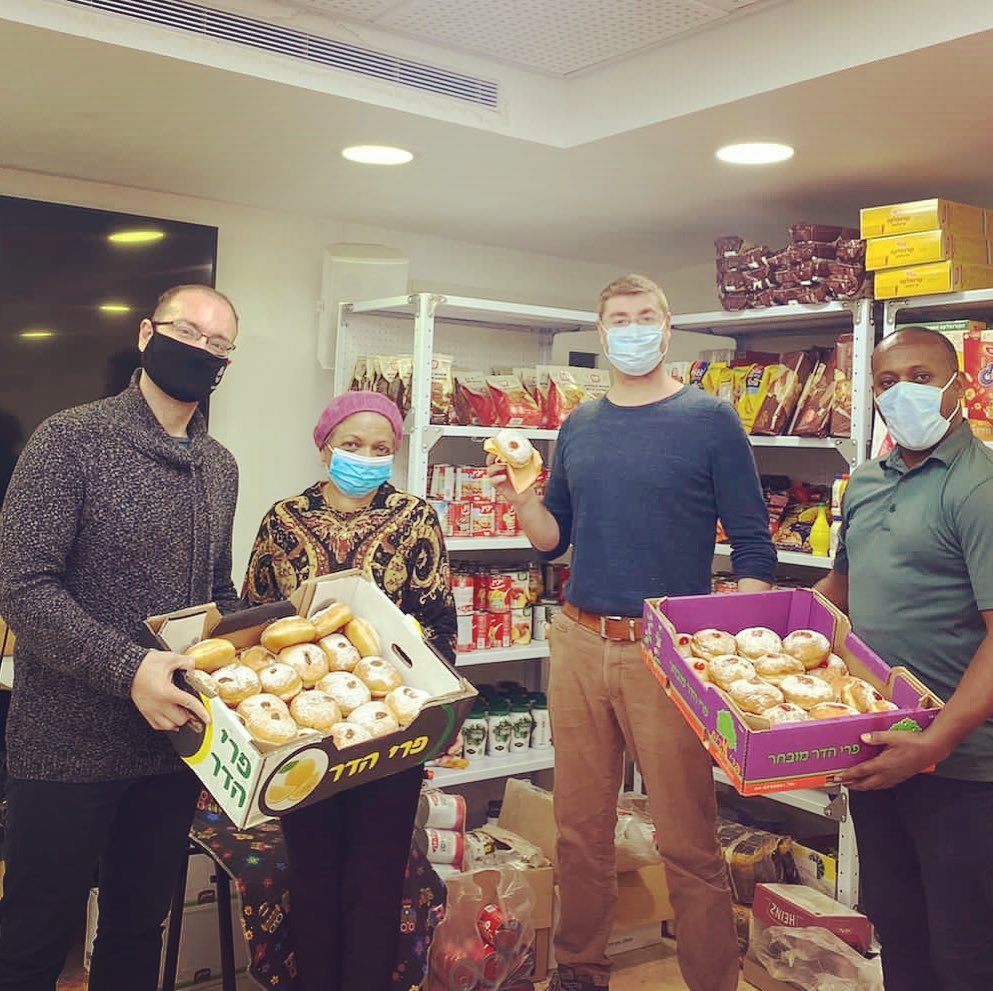
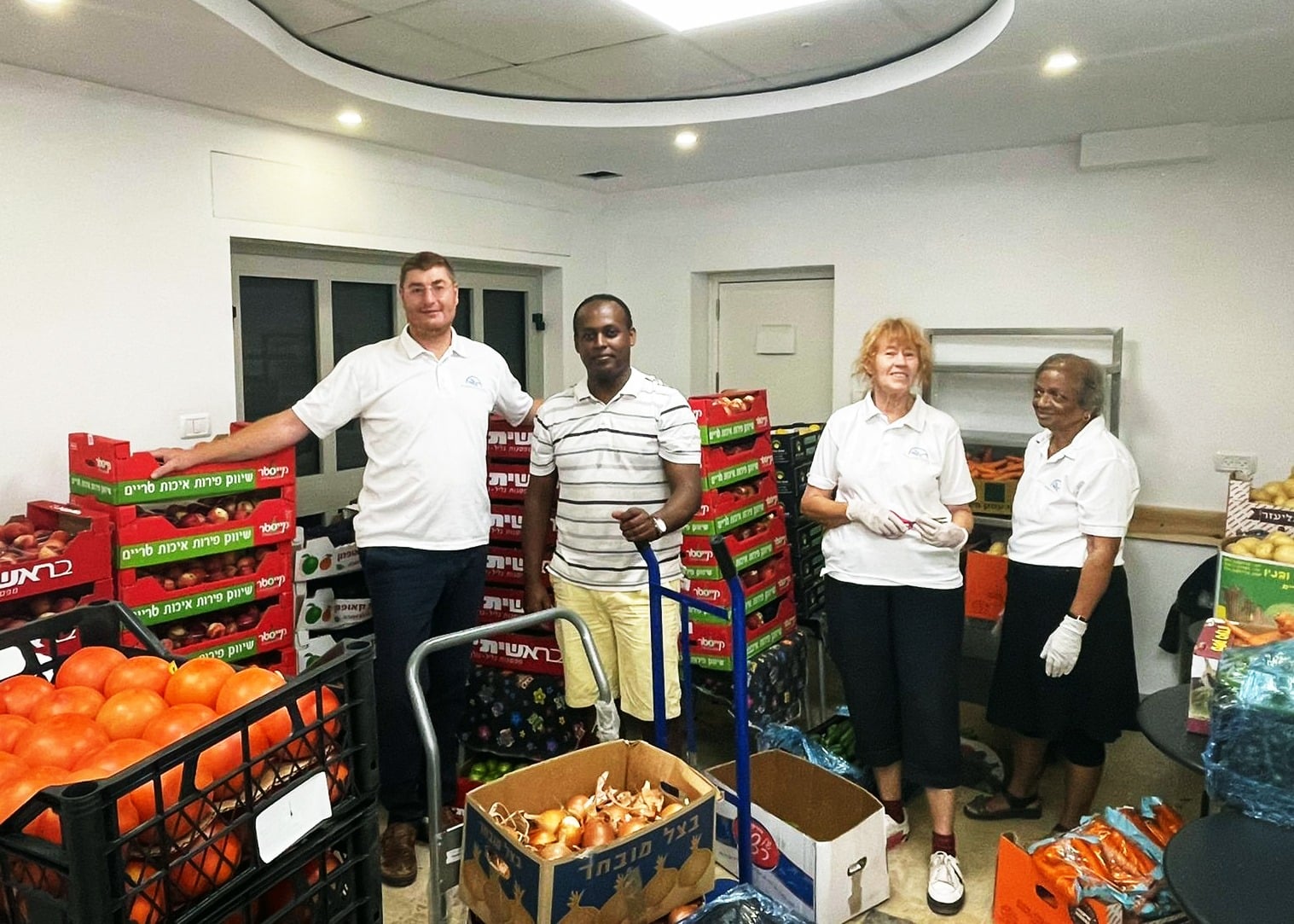
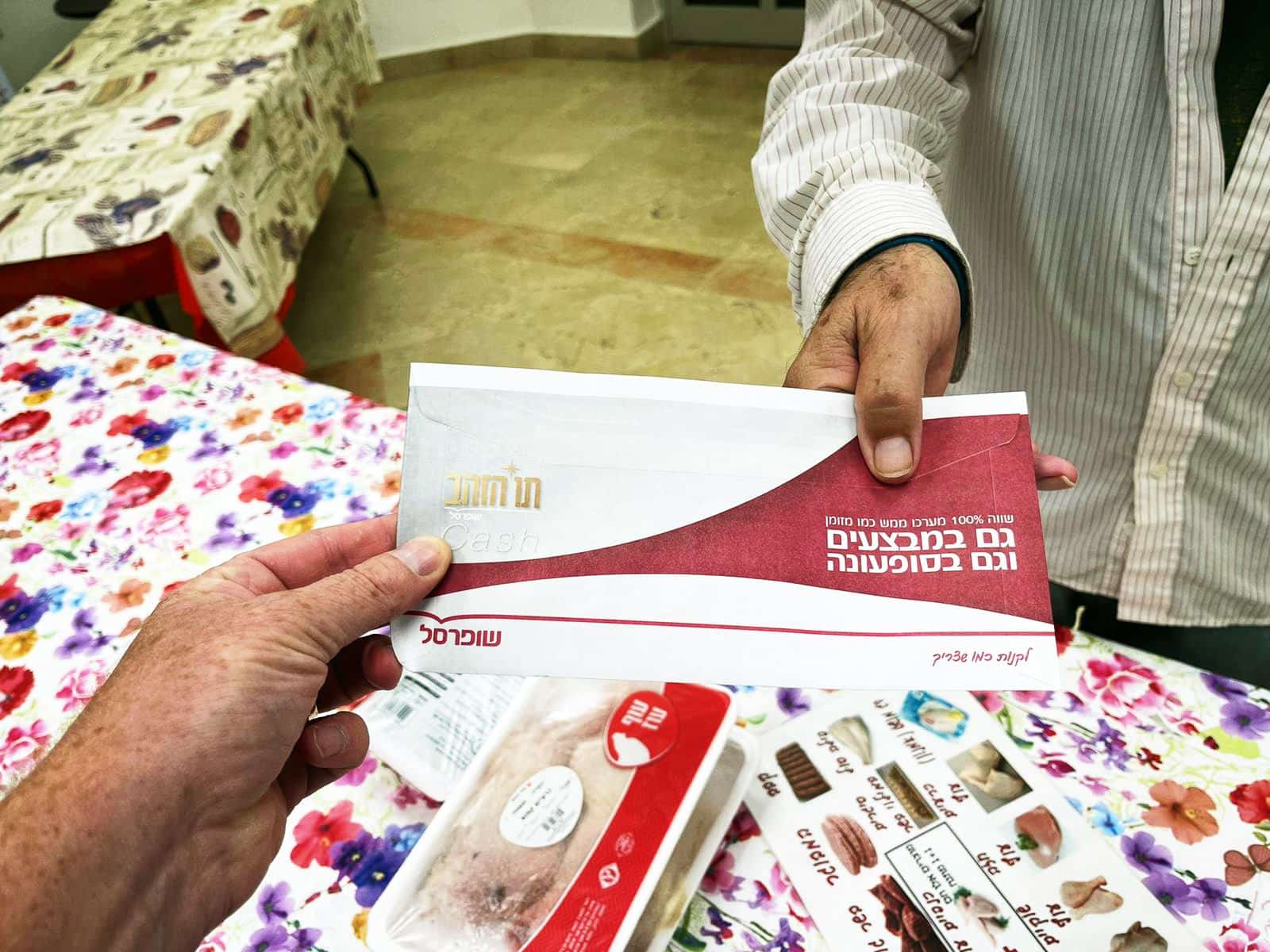
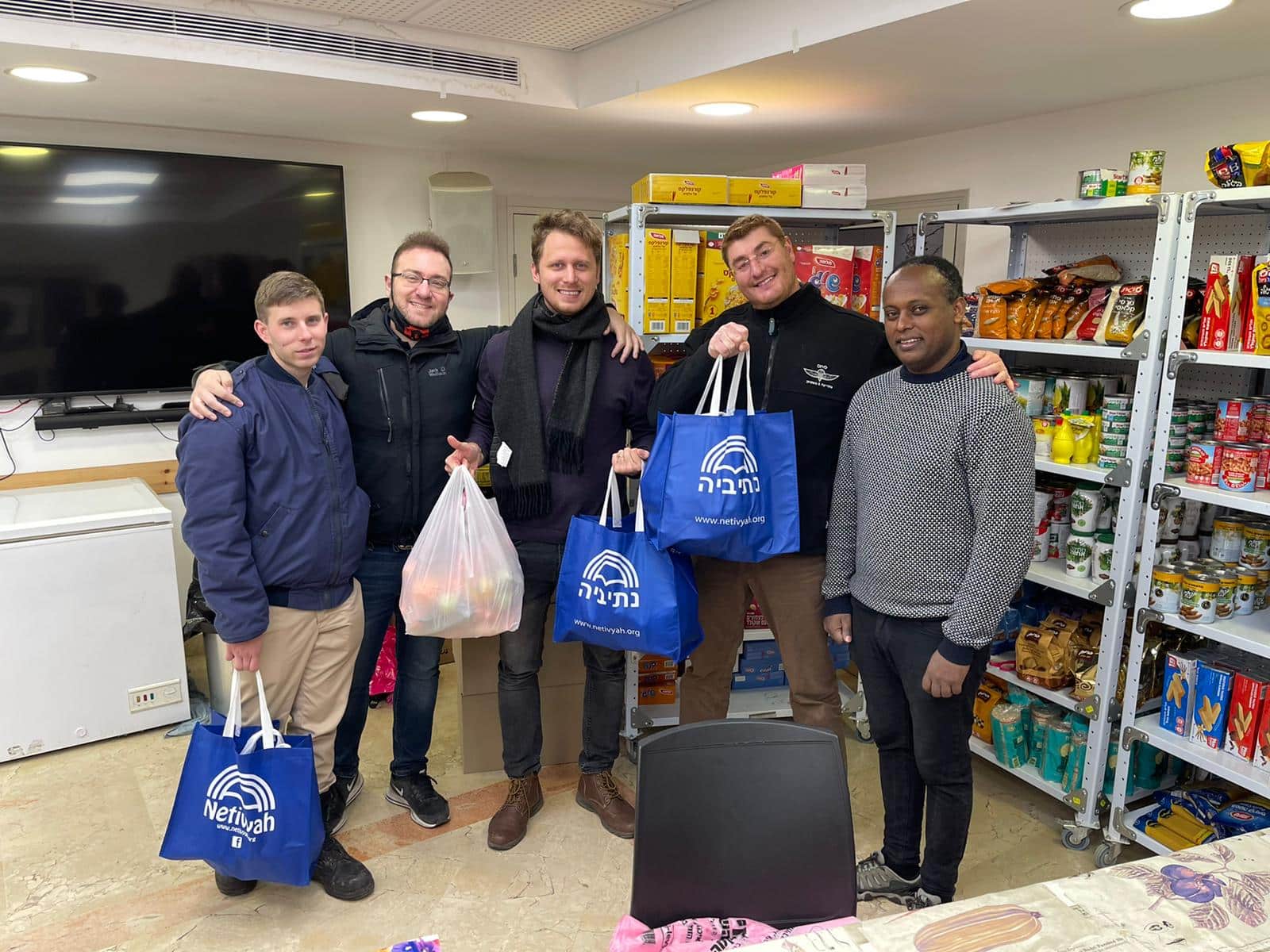
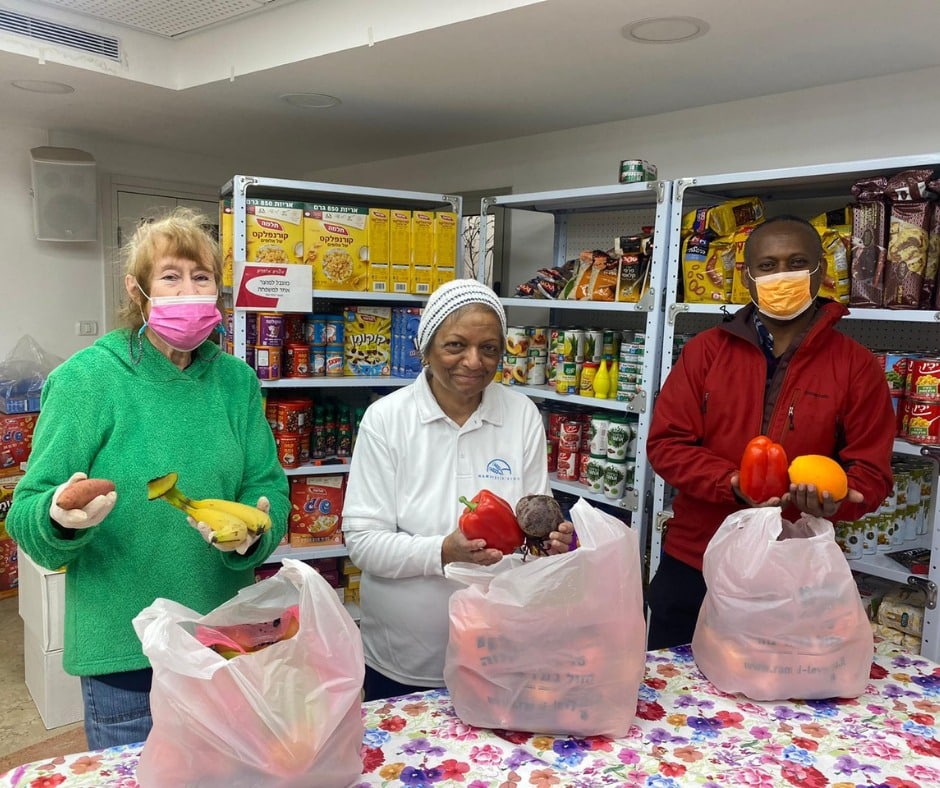
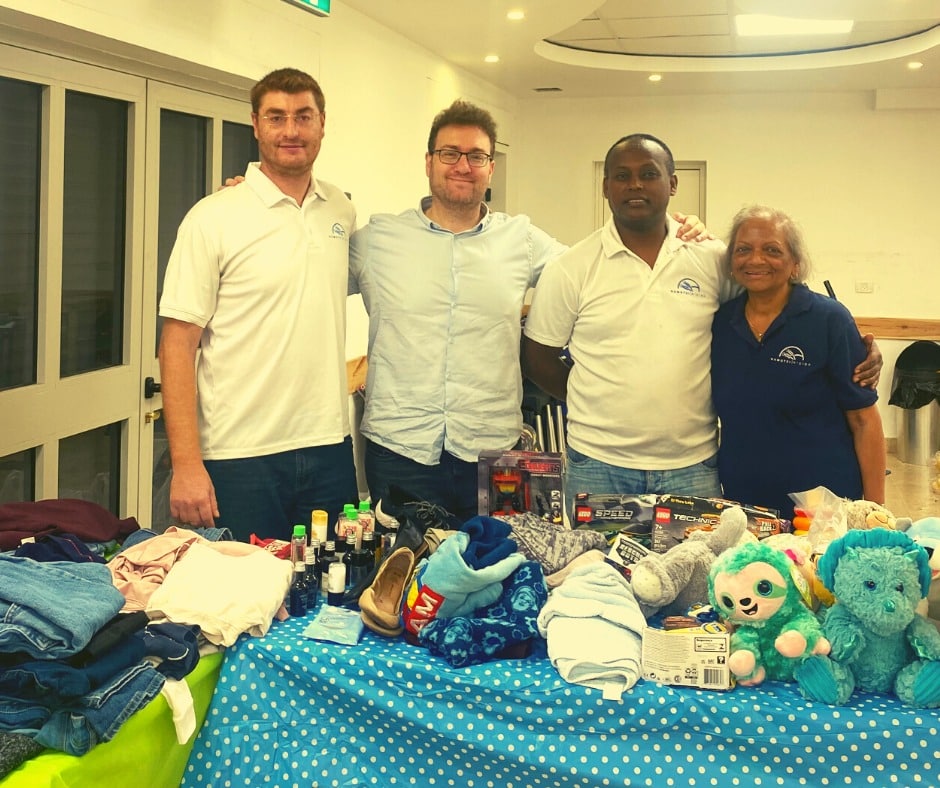
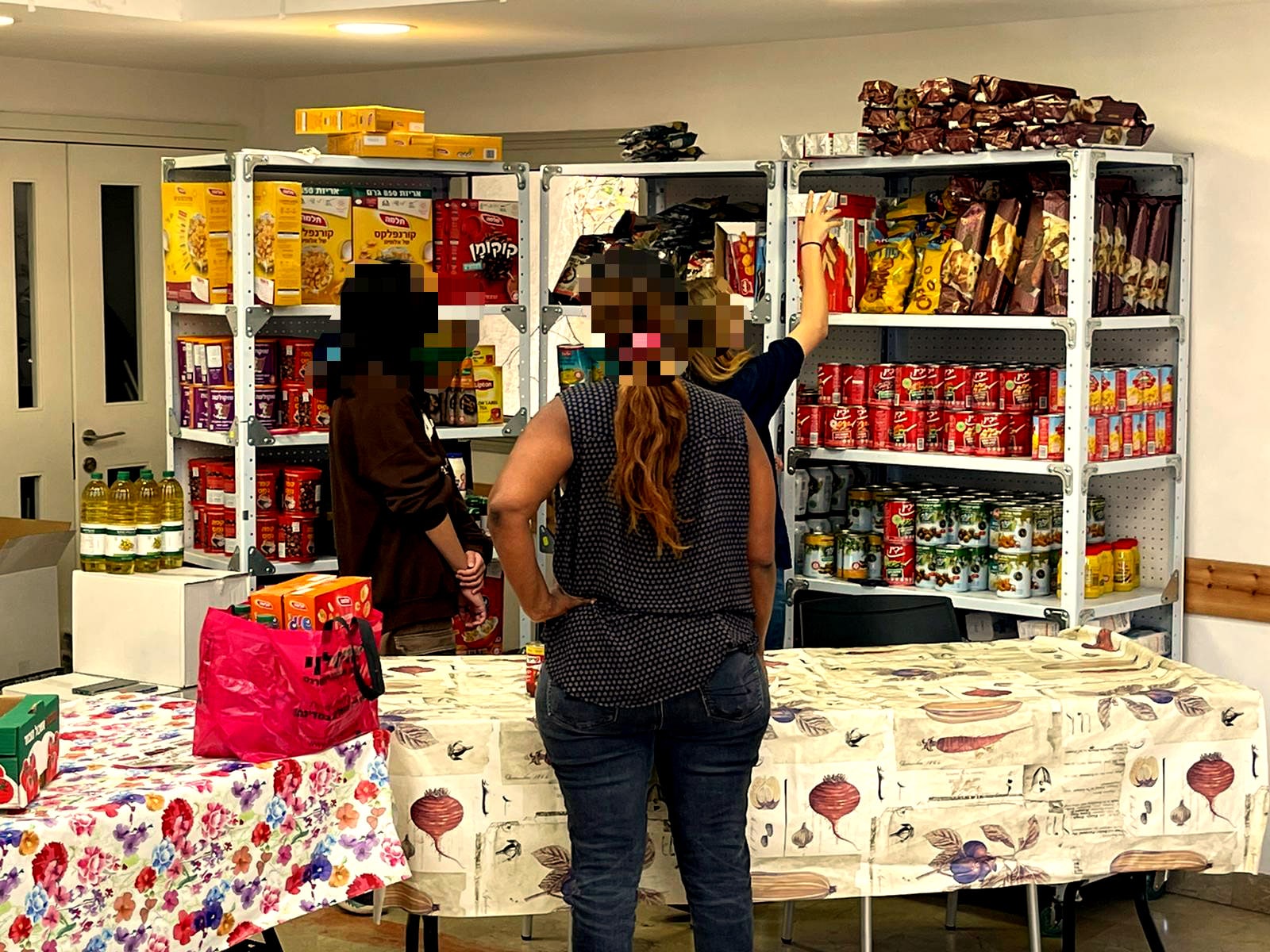
Humanitarian Aid FAQ's:
The following are a few of the most frequently asked questions about Netivyah's humanitarian aid projects.
How many people does Netivyah help?
Throughout the year, more than 180 families turn to us to meet their day-to-day needs.
How can I be sure that my contribution goes to those who are truly in need?
With limited funds and so many in unfortunate circumstances, we are dedicated to ensuring that the recipients are all in genuine need. We work closely with the Jerusalem municipal welfare offices and social workers. They refer to us the most needy families in Jerusalem and every six months review the list for necessary changes. We also work closely with the Pastors of the Jerusalem congregations and help the impoverished in the body of the Messiah.
I would like to donate, but I don’t have very much to give. Will my contribution make a difference?
Absolutely! Every penny which we receive supports the food distribution and other humanitarian work. We welcome any size donation, from the smallest to the largest.
Is my donation tax deductible?
Yes. Anyone who contributes through our US office is eligible for tax deduction benefits.


